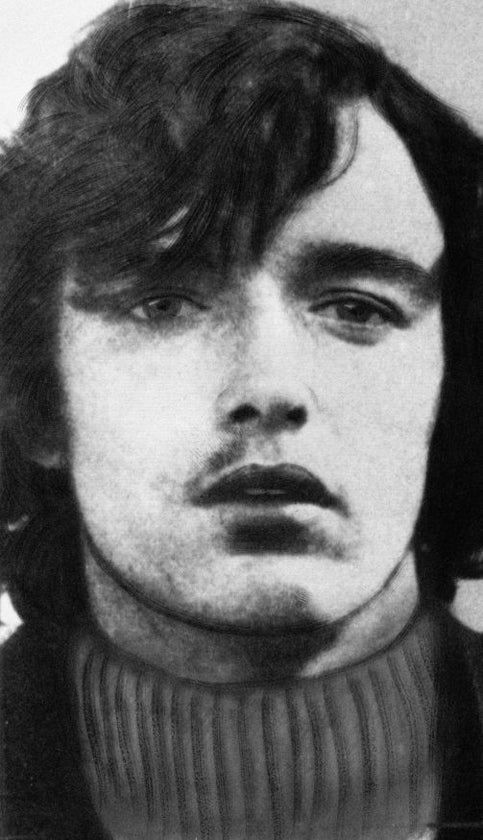Anonymity order lifted for triple child killer David McGreavy jailed in 1973
High Court judge lifts ruling on 'Monster of Worcester' who impaled victims on railings

A sadistic killer, who murdered three children he was babysitting before impaling them on railings, could be given a new identity if the parole board agrees to transfer him to an open prison.
The revelation came as the High Court lifted a ban on naming David McGreavy, 62, who was jailed for life in 1973 after strangling four-year-old Paul Urry, cutting the throat of his two-year-old sister Dawn and fracturing the skull of nine-month-old Samantha.
Neighbours who remember the brutal killings in Worcester described how the police officers who discovered the children impaled on railings on the next door house were physically ill with shock.
“Lock him up and leave the key wherever,” said one former neighbour in Rainbow Hill, where feelings still run high.
The anonymity order, which named him only as M, was made earlier this year when McGreavy challenged a Parole Board refusal to transfer him to an open prison.
McGreavy was transferred to an open prison in 1994 but returned to a closed unit for his own safety after inmates learned of his identity.
Justice Secretary Chris Grayling and media organisations argued that the anonymity order was legally flawed and wrongly prevented the public from knowing the details of the case.
“The full facts are exceptionally horrific by even the standard of murders,” said their counsel, Guy Vassall-Adams. The order restricted the media to saying they were “three sadistic murders - but that doesn't even give you the half of it”, said Mr Vassall-Adams.
Today Lord Justice Pitchford, agreed: “The importance of the principle of open justice at common law is so well known that it does not require further emphasis in this judgment.
”It is a cornerstone of the rule of law that public justice should be publicly reported unless the interests of justice otherwise require.“
McGreavy is currently being held in a closed vulnerable prisoners' unit and the judge said: ”In our judgment, there is at present no real and immediate risk to the claimant's life and safety because he is serving his sentence in conditions in which his safety can be closely monitored.“
But he is due before a ninth parole review later this year and the judge said that if there was a recommendation that he be returned to open conditions, the board would have to consider steps that could be taken to protect him - ”they might include a change of name“.
